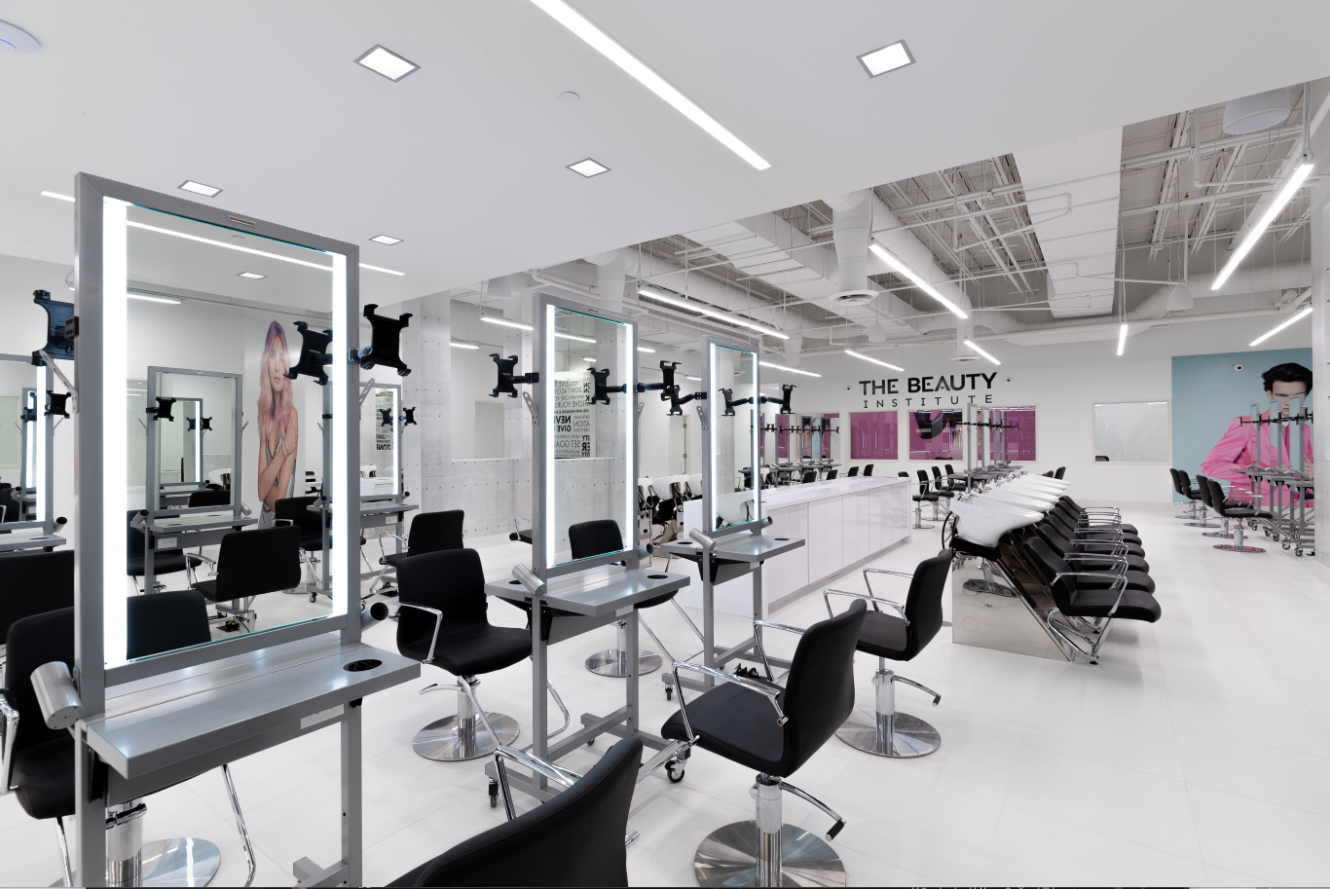Beauty school training is vital for entering the dynamic beauty industry. Students can select from specialty schools and comprehensive programs to develop skills and obtain certification. Choosing the right path helps them start or advance their careers effectively.

How to Choose a Beauty School
Choosing the right beauty school is a critical step in pursuing a career in the beauty industry. Accredited beauty schools offer structured programs that meet industry standards and prepare students for professional practice. When choosing a school, factors such as accreditation, curriculum, faculty expertise, and hands-on training opportunities should be considered. Accredited institutions ensure that students receive a quality education and Eligible to take the certification exam.
Cosmetology Professional Training Programs
Cosmetology school training programs provide a comprehensive education in various cosmetology disciplines. These courses cover essential skills in areas such as hairdressing, skin care, makeup artistry, and nail care. Students learn theoretical concepts and practical techniques through hands-on experience in a salon environment. Training typically includes:
1. Hairdressing: Students learn cutting, coloring, and styling techniques, as well as the use of a variety of tools and products.
2. Skin Care: Courses include training in facial care, skin analysis, and treatment of various skin conditions.
3. Makeup Artistry: Students gain skills in applying makeup for different occasions, including everyday looks and special effects.
4. Nail Care =Certification: Training involves manicures, pedicures, nail art, and understanding nail health.
How to Get Certified
Certification is essential for beauty professionals to practice legally and demonstrate their expertise. Most cosmetology schools prepare students for the certification exams required to obtain a professional license. Common certifications include:
1. Cosmetology License: This certification allows professionals to provide a range of services, including hair, skin, and nail care. It usually requires passing a written and practical exam.
2. Professional Certification: Additional certifications in areas such as advanced skin care, makeup, or nail art can increase career opportunities and demonstrate professional skills.
Importance of Continuing Education
The beauty industry is constantly evolving, with new trends, technologies, and practices emerging. and technology. Continuing education through seminars, advanced courses, and industry events helps beauty professionals stay up-to-date and maintain a competitive edge. Many beauty schools and professional organizations offer continuing education opportunities to support lifelong learning and career development.
Conclusion
Beauty school training lays the foundation for a successful career in the beauty industry. By choosing an accredited school, participating in a comprehensive training program, and obtaining the necessary certifications, aspiring beauty professionals can develop the skills and qualifications needed to excel in their field. Continuing education ensures they stay on top of industry trends and maintain expertise, contributing to a thriving and dynamic career.


